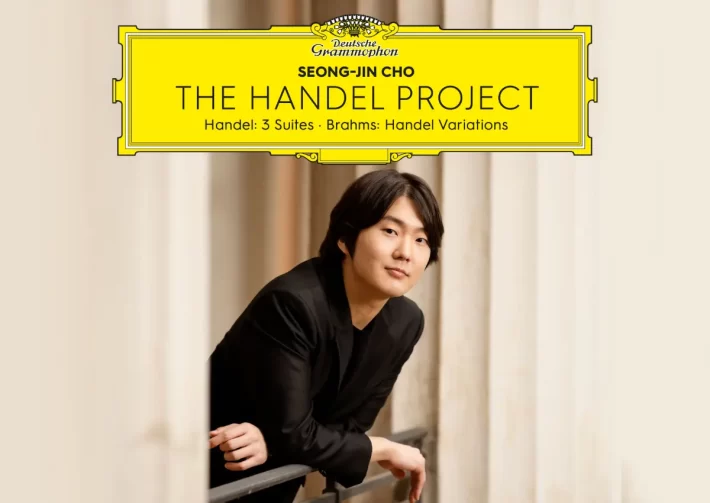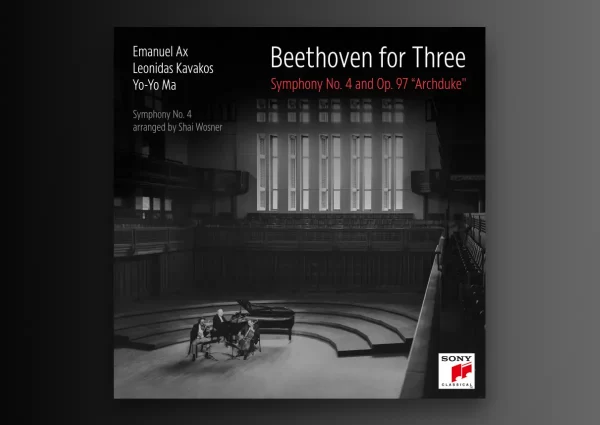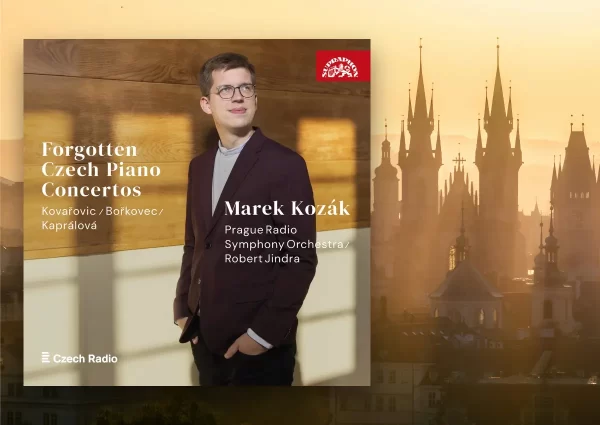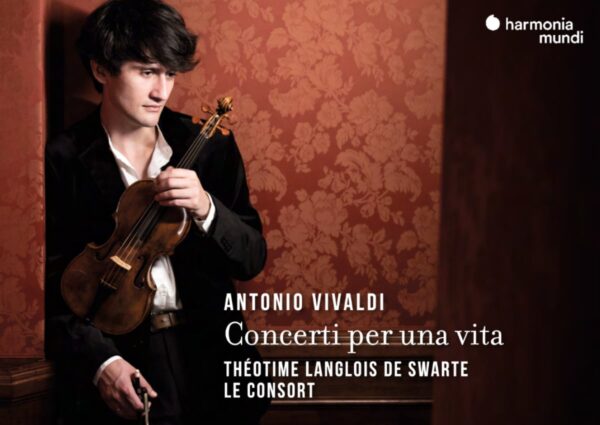Seong-Jin Cho’s Handel project endeavors to shed due light on the composer’s harpsichord works, whose presence is often overshadowed by the more prominent operas and oratorios. Cho’s use of a modern piano aims to show the versatility of these Baroque works. He complements three chosen suites with Brahms’ own homage to Handel, the Op. 24 Variations.
Though all of the Suites attest to Cho’s artistic prowess, I enjoyed the E major (HWV 430) the most in the way he evokes a vibrant, harpsichord-like quality. In the Prélude (track 10), each note has a plucked quality that still retains enough resonance to uphold a continuous melody. The abstinence from pedal of course helps—but also shows in purest form Cho’s finessed approach to the keys. Trills are clear and crisp as are recurring motifs. The sunny and elegant Allemande again shows excellent voice management, and I appreciated how Cho doesn’t pass up the richness of the middle and lower registers just to highlight what’s going on up top. In holding true with performance practice, the repeats have plentiful yet tasteful ornamentation: just as ornaments were used on the harpsichord as a way to prolong resonance and sound, Cho’s create additional support for the lines.
The peppy Courante (12) is in vibrant contrast to the lyrical Allemande. Cho finds a happy medium in the articulation: notes are not necessarily short and sharp enough to be staccatos but are also not stodgily detached. Sound-wise, passages of intervallic movement are well-calibrated and reminiscent of a small wind ensemble. The final movement is an Air and 5 Variations: the theme has the same optimism we’ve heard throughout but now with an added sense of dignified (but not overly-serious) stateliness. The first variation has the rhythmic precision of a ticking clock but with varied personality and dynamics a plenty. The third variation ups the virtuosity factor a notch with running triplets while the finale adds even faster sweeping figures. Glissandi-like as they are, Cho does not approach a single passage—or note—with carelessness.
Related Posts
- Review: Clavichord – András Schiff
- Review: “The Wanderer” – Seong Jin-Cho Plays Schubert, Berg and Liszt
- Review: Brahms – Piano Concerto No. 2, Handel Variations – Lars Vogt
Brahms’ Handel Variations reveal the piano in its more modern character: although moments like Var. 1 have similar textural parallels (runs and staccatos) heard in the Suites, Cho approaches them with a more unabashed gusto and a firm maximization of the bass register. I enjoyed the coy humor of the chromaticism in 3 which leads right into 4’s symphonic character, though there needs to be a little more boisterousness as we hear in Perahia’s 2010 account. There are several minor variations, but the enigmatic 6 is particularly effective: courtesy of suavely sostenuto octaves, the piano transforms momentarily into a pipe-organ. Var. 10, as an interesting and often abrupt mix of major and minor, sees its element of surprise slightly obscured by Cho’s ritards at the ends of the phrases. Brendel’s Live in Vienna version for me upholds the rhythmic integrity better without sacrificing the contrast of character.
Variation 13 calls to mind the Brahms’ Hungarian dances; this one could use more oomph from Cho to really bring out the sense of rhapsody. The running parallel sixths of 14, however, are scintillating and impressive despite the technical demands. Variation 19, written in the rhythm of a Baroque French siciliana, was one of my favorites: it feels like a subtle nod to the Handel works, especially with the pianist’s delicate bird chirps via the trills.
The liner notes aren’t lengthy by any means but place deliberate yet illuminating focus on the artist’s perception of and approach to the pieces. Throughout this album, precision remains the name of the game. Cho presents the repertoire, especially the Handel Suites, with confidence, finesse, and vitality. Strongly recommended.

The Handel Project
Seong-Jin Cho – Piano
Deutsche Grammophon, CD 4863018
Included with an Apple Music subscription:
Handel Keyboard Suites – Amazon
Read more classical music reviews or visit The Classic Review Amazon store
Follow Us and Comment:
Get our periodic classical music newsletter with our recent reviews, news and beginners guides.
We respect your privacy.








